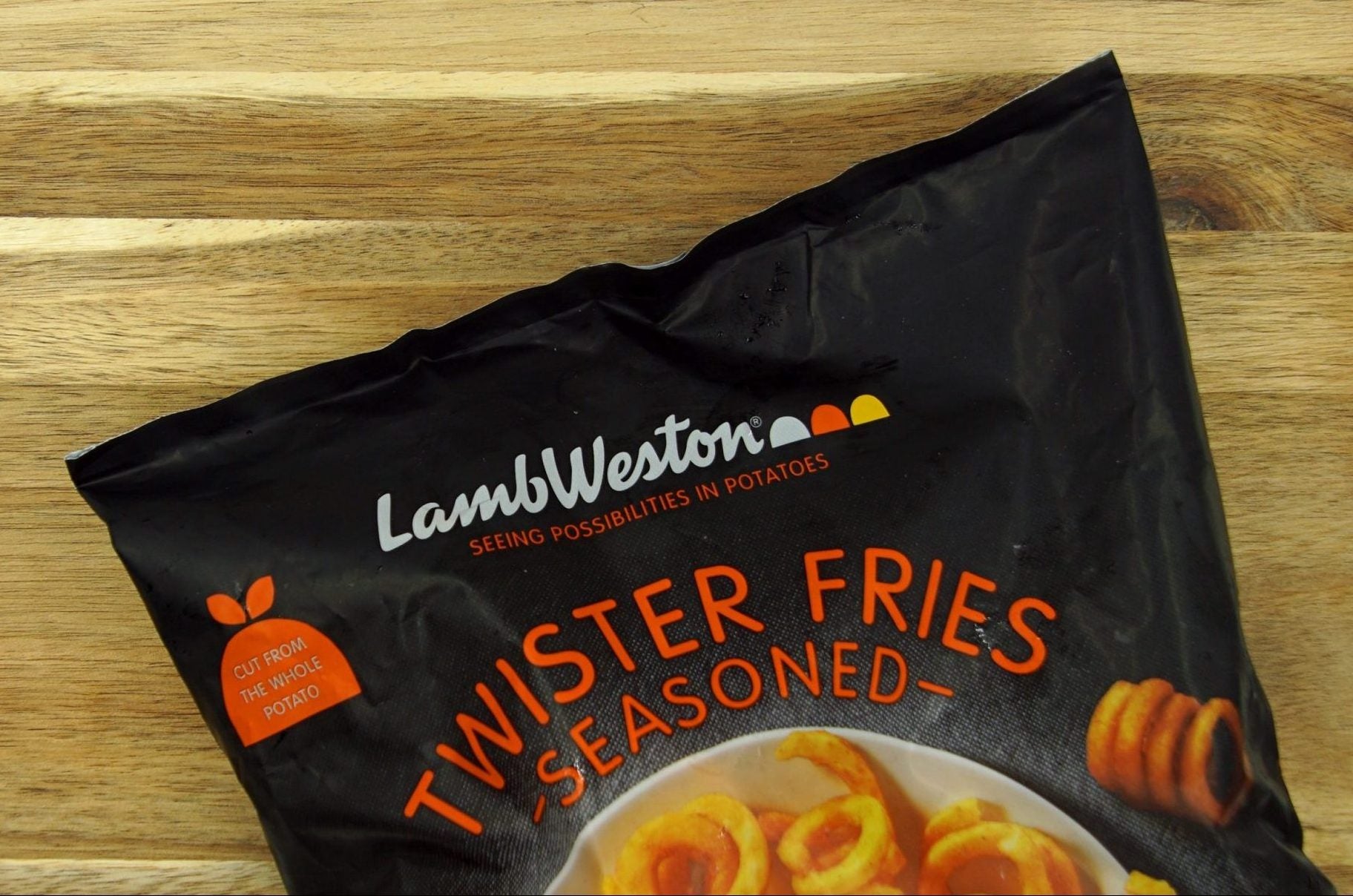
US-based frozen potato products manufacturer Lamb Weston has revealed its exit from Russia has cost the business US$62.7m.
Announcing its full-year financial results yesterday (28 July), the Idaho-based business said it has written off its portion of its Lamb-Weston/Meijer joint venture’s investment in Russia.

Discover B2B Marketing That Performs
Combine business intelligence and editorial excellence to reach engaged professionals across 36 leading media platforms.
Lamb Weston announced in May it was exiting Russia following the country’s invasion of Ukraine. Its joint venture operation with Dutch group Meijer Frozen Foods operated a manufacturing facility in Lipetsk that sourced from and supplied to the local market.
The decision followed its previous announcement that it would halt all exports to Russia and stop all further investments in the country.
In the company’s earnings announcement yesterday, it revealed its fourth-quarter net income was $32m, down $33.5m versus the prior year quarter “driven by a $62.7m non-cash impairment charge to write-off the company’s portion of Lamb-Weston/Meijer’s net investment in Russia”.
The company’s involvement in Russia dates back to 2016 when Lamb-Weston/Meijer and Russian vegetables products business Belaya Dacha set up a venture there, opening the Lipetsk factory two years later. The plant manufactured fries and wedges for customers in Russia, principally for the foodservice market. Customers included McDonald’s, Burger King and KFC.

US Tariffs are shifting - will you react or anticipate?
Don’t let policy changes catch you off guard. Stay proactive with real-time data and expert analysis.
By GlobalDataLamb Weston recorded net sales of $1.15bn in the quarter, up 38% year-on-year. Full-year sales were up 12% at $4.09bn.
CEO Tom Werner said: “We finished the year on a strong note, including a record high sales quarter fuelled by double-digit growth in each of our core segments.”
He added: “Our sales volumes throughout the year also held up well despite volatile consumer demand and supply chain disruptions.”





